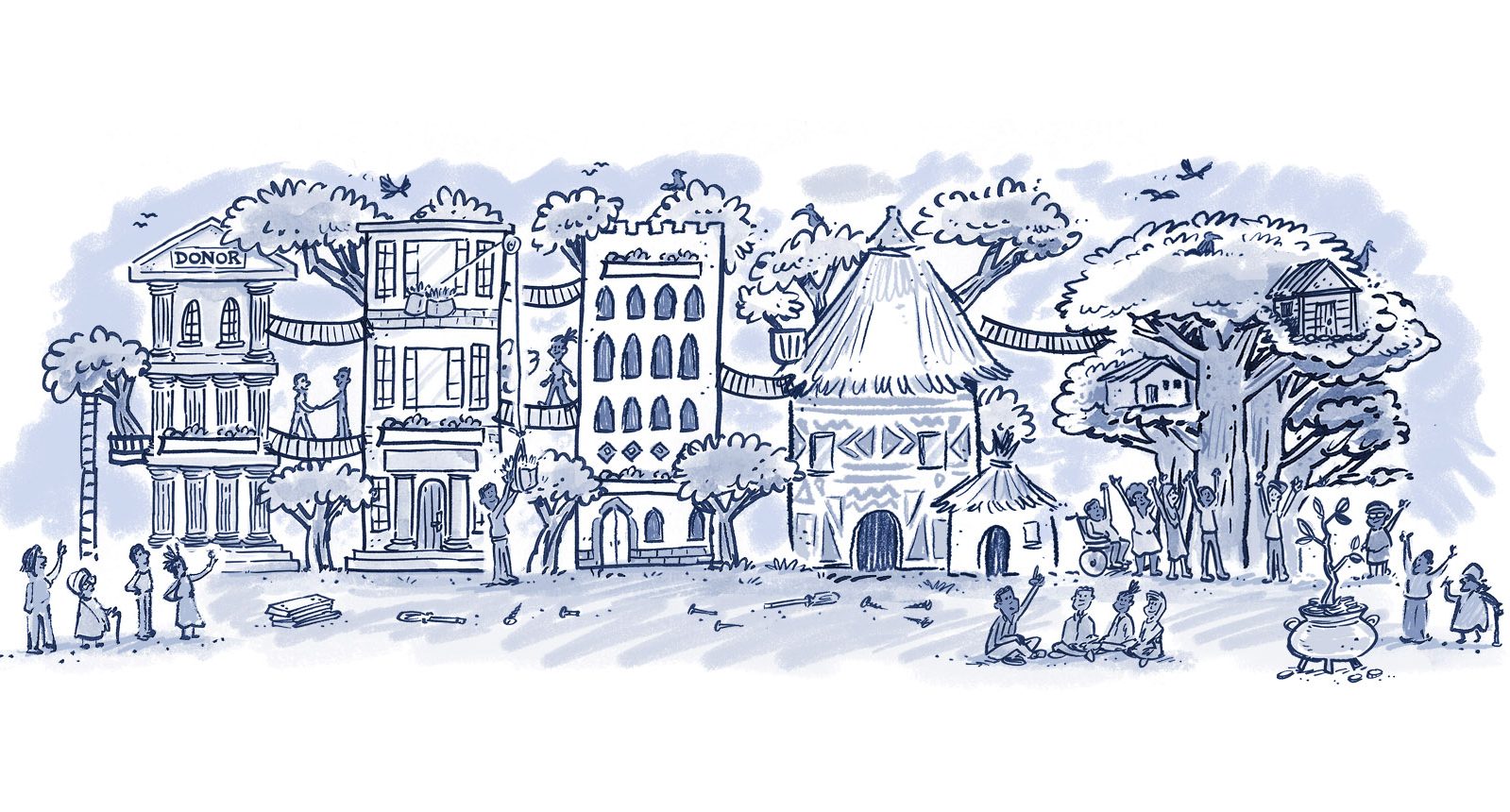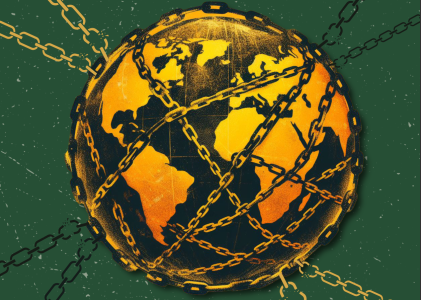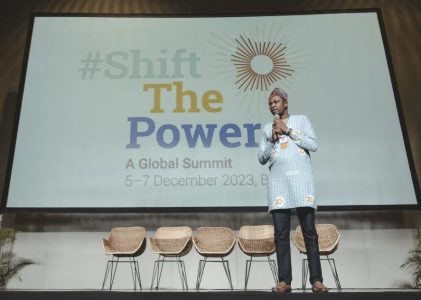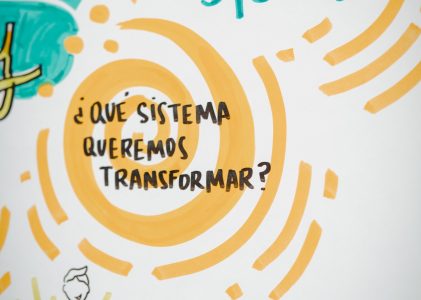To my feminist siblings, there is a funding crisis in feminist activism.
When the sector talks about donor fatigue or donors saying they don’t see where the money is going. Well, only less than 10% of your money comes directly to us. They should ask Northern CSOs about the other 90% – they shouldn’t ask us.









